Deadline for Submitting Abstracts
March 16, 2018
Submit today!
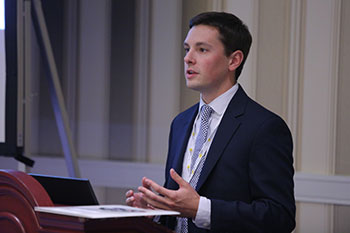 Topic Close-up #6
Topic Close-up #6
Symposium G05: Materials, Formulation, and Processes for Semiconductor, 2.5 and 3D Chip Packaging, and High Density Interconnection PCB
Symposium Focus: This symposium focuses on issues pertinent to advances in semiconductor interconnects beyond the 20 nm technology node as well as novel materials and integration methods for 2.5D and 3D interconnects. An emerging technology or device architecture called 2.5D and 3D integration is based on the system performance gains that is achieved by chip stacking and vertically interconnecting distinct device layers. Since electrochemical processes are the ultimate solution to create smaller size and lower cost devices, both practical and fundamental aspects of electrochemical processes are of high demand. Ideally, this symposium will bring researchers together to discuss various aspects of device architecture, novel materials, chemical formulation, packaging approaches and nano-scale fabrication methodologies.


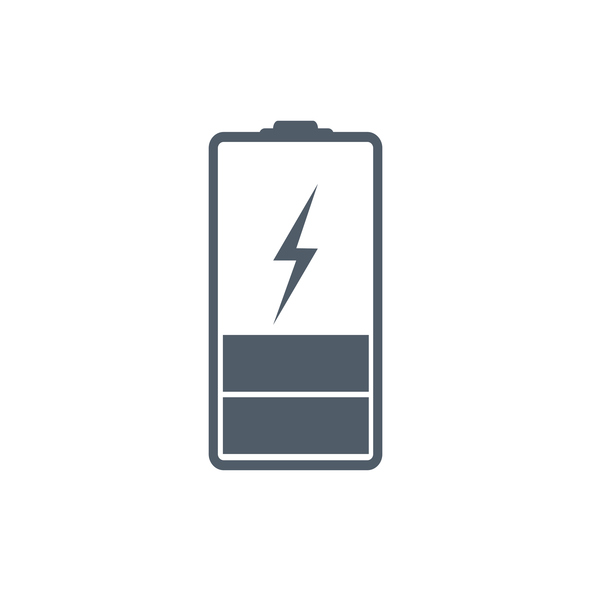 A collaborative team of researchers from Shinshu University in Japan have found a new way to curb some of the potential dangers posed by lithium ion batteries.
A collaborative team of researchers from Shinshu University in Japan have found a new way to curb some of the potential dangers posed by lithium ion batteries.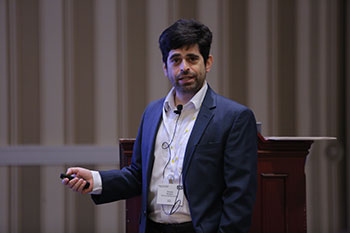 Topic Close-up #5
Topic Close-up #5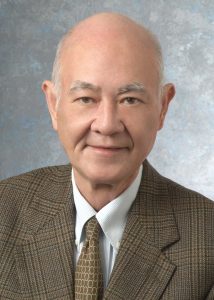
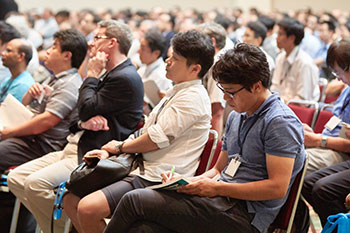 Topic Close-up #4
Topic Close-up #4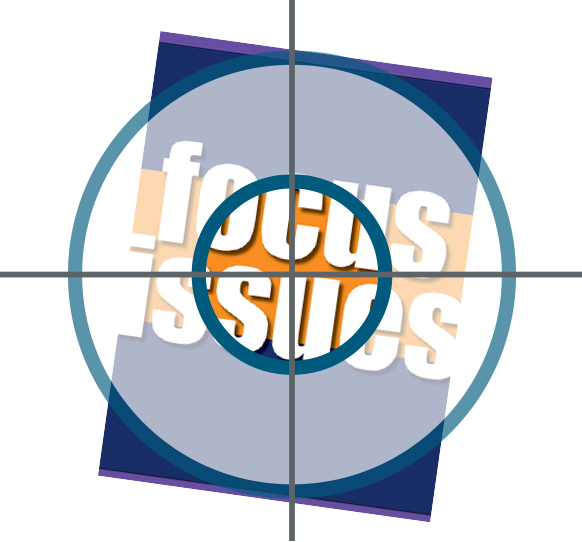 Deadline Extended: March 19, 2018
Deadline Extended: March 19, 2018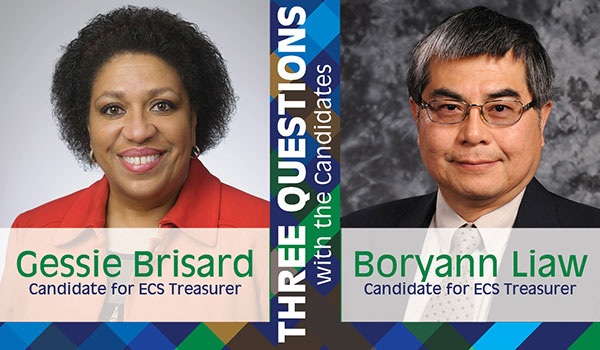 The 2018 Society elections are upon us and ECS wants you to learn more about the candidates, from the candidates. All voting members are eligible to participate via electronic proxy. You would have received an email with voting instructions January 15, 2018.
The 2018 Society elections are upon us and ECS wants you to learn more about the candidates, from the candidates. All voting members are eligible to participate via electronic proxy. You would have received an email with voting instructions January 15, 2018.